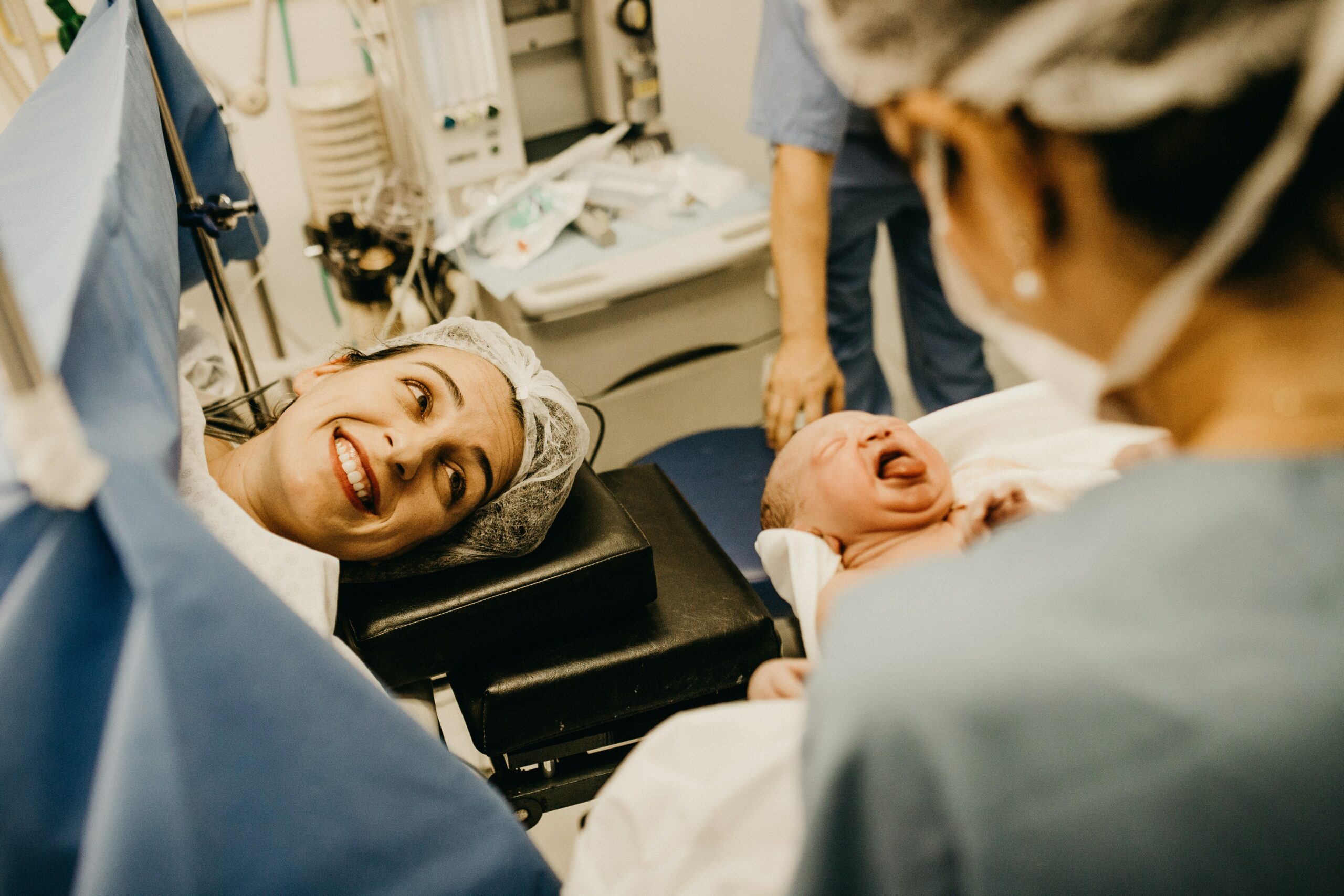If you’ve recently discovered you’re pregnant, you likely have a million questions and emotions rushing through your mind. How will this impact your life? Is there anything in your lifestyle that may affect the fetus? What can you do to ensure proper prenatal care moving forward?
What is Fetal Alcohol Syndrome?
Fetal Alcohol Syndrome Disorder (FASD) occurs when a baby’s brain is damaged due to the mother’s consumption of alcohol during pregnancy. It’s the most common cause of intellectual disabilities.
The extent of the damage is serious enough to affect all aspects of the baby’s life. To add insult to injury, these defects are permanent.
Some of the disabilities that a baby can suffer as a result of FASD include the following:
– Heart conditions
– Kidney conditions
– Malformation of the skeleton
– Abnormal facial features
– Low body weight
– Difficulty nursing and eating
– Poor vision
– Poor hearing
– Poor motor skills
– Recurring ear infections
– Difficulty sleeping
– Learning disabilities
– Speech problems
– Poor school performance
– An inability to engage in social interactions
– Hyperactivity
– Poor judgment
– Poor coordination
– Deformed limbs
– Low IQ
Causes of Fetal Alcohol Syndrome
Fetal Alcohol Syndrome is caused by exposure to alcohol while the fetus is developing in the mother’s womb. The reason for the damage is because when a fetus is in utero, his or her organs are not fully developed. Therefore, they lack the ability to process alcoholic beverages.
The more alcohol the mother consumes, the more damage she’ll cause to her baby. There are two ways in which alcohol can affect a fetus:
1. Fetal Alcohol Syndrome. FAS is caused by either binge drinking during pregnancy or consuming alcohol regularly throughout the pregnancy.
2. Fetal Alcohol Effects. Smaller amounts of alcohol during pregnancy could still result on in some of the disabilities listed above. Even if they are to a lesser degree, they can be significant.
Damage can occur even before the woman finds out that she’s pregnant. Therefore, if you’re trying to get pregnant or if there’s any possibility that you may be pregnant, cease consumption of all alcohol.
Diagnosis of Fetal Alcohol Syndrome
Diagnosis can only happen once the baby is born. However, if a pregnant woman has a history of drinking while pregnant, her doctor can assess the health of the baby while she’s still expecting.
Once the baby is born, if the doctor knows that the mother continued to drink alcohol during her pregnancy, her medical provider can look for the following signs of Fetal Alcohol Syndrome:
– Low body weight
– Unusually small head
– Close-set eyes
– Flat cheeks
– An unusually thin upper lip
– A smooth ridge between the baby’s nose and upper lip
– Slow rate of growth
If any of these characteristics are present in the baby of a mother who drank while pregnant, the doctor will conduct brain scans and nervous system tests to detect additional abnormalities.
Treatment of Fetal Alcohol Syndrome
Fetal Alcohol Syndrome has no cure. There’s also no way to reverse the damage.
The baby’s pediatrician may prescribe medication to help the baby with some of the symptoms, as well as recommend speech and occupational therapy. However, once the baby has the disorder, he or she will need special education during school years and caregiving for the rest of their life.
Caring for a Child With FASD
Caring for a child with Fetal Alcohol Syndrome requires a concerted team effort.
When the baby is eating: Since babies with FASD have a hard time sucking breastmilk or formula, foster a more comfortable environment for her by conducting all feedings in a quiet space. As your child gets older, keep in mind that children with Fetal Alcohol Syndrome usually have difficulty eating. If your child only wants to eat small portions, feed him only small amounts. Once you figure out the child’s preferred schedule, plan regular meals around it.
When the baby is sleeping: Have a designated quiet space where your baby will sleep. Do everything you can to block out disruptive noises. Since FASD causes interrupted sleep patterns, you want to ensure that your baby can rest as much as possible.
Lifestyle Elements: As your baby grows, get him used to a predictable routine. Be aware that your child may get upset easily. This is not them trying to be difficult. This is simply a part and parcel of the condition they were born with. Try to curb the mood swings by explaining to your child what to expect and by rewarding good behavior. Also, engage your child in fun activities, such as playing with building blocks or reading stories together.
It’s also helpful to get behavioral therapy to help the child understand things such as self-control, reasoning, and interacting with others.
Complications of Fetal Alcohol Syndrome
Some of the behavioral problems may develop into Attention Deficit Hyperactive Disorder (ADHD). Children with FASD also have a higher likelihood of developing mental health issues, such as depression or anxiety.
Children with Fetal Alcohol Syndrome may have trouble staying in school, obtaining or maintaining employment, and may develop a dependency on drugs or alcohol.
Prevention
The only way to prevent Fetal Alcohol Syndrome is to completely stop drinking if you’re trying to get pregnant, think you’re pregnant, or already know that you are. No amount of alcohol is safe.
If you’re concerned about Fetal Alcohol Syndrome, let us help you.
At OB-GYN Women’s Center, one of our goals is to establish good relationships with our patients. If you have reason to believe your child may be born with Fetal Alcohol Syndrome, let’s discuss treatment options.
Contact us to schedule an appointment. We are happy to assist you.




